Collection: Artwork Guidelines
At ISL Workwear, our design team work closely with customers every day to make
sure your artwork looks amazing when printed or embroidered onto your garments.
Below are a few key things to keep in mind when placing your order—don’t worry,
we’re here to help every step of the way!
Quick Artwork FAQs
What's the Maximum Size My Logo Can Be?
What's the Maximum Size My Logo Can Be?
Print: Up to 30 cm wide
Embroidery: Up to 25 cm wide
Note: The height will automatically adjust based on the width you
select.
What File Types Do You Accept?
What File Types Do You Accept?
For the best quality, we recommend vector files like ai & eps.
However, we also accept: jpg, jpeg, pdf, png, psd,
svg.
Max file size per logo: 50MB.
What is Digitisation?
What is Digitisation?

Where can we print or embroider?
We can print or embroider in a variety of positions based on your garment choice.
Common positions include:
- Left or right chest
- Full-width across the front chest
- Left or right sleeve
- Full-width across the top of the back
Need a custom position? No problem! Reach out to our expert team, and we’ll be happy to assist.

Artwork Quality Matters
For the best results, upload the highest-quality version of your logo or image

Printing & Embroidery Limitations
Some designs may need slight adjustments to be embroidered, such as gradients or highly intricate details. Which means we may have to reach out to you to discuss first, we’ll work with you to adjust your design for the best possible embroidery results.
Printing & Embroidery Tolerances
When embroidering on clothing, tolerance levels refer to the acceptable
variations in design placement, size, and stitching. Key aspects include:
1. Placement Tolerance
- Small garments: ±0.25 inch (6 mm)
- Large garments: ±0.5 inch (12 mm)
- Critical for left chest logos, back designs, and sleeves.
2. Size Tolerance
- Embroidery size can vary by ±5% due to fabric stretch, hooping, or design scaling.
- Important for matching logo specifications.
3. Thread & Stitch Tolerance
- Stitch density can vary slightly based on fabric thickness.
- Acceptable stitch length variation: ±0.5 mm per stitch.
- Tension inconsistencies may affect stitch quality, especially on stretchy fabrics.
4. Fabric-Specific Tolerance
- Knits: Higher tolerance for distortion due to stretch (e.g., ±1% in design distortion).
- Wovens: Lower tolerance, with minimal stretching issues.
- Delicate fabrics: Require lower stitch density to prevent puckering.
5. Colour Tolerance
- Thread colour may differ slightly due to dye lot variations.
- Ensure pre-approval of thread samples for critical brand colours.
Any Questions?
If you have any questions or need assistance, our team is here to support you.
Simply fill out the form below, and we’ll respond as soon as possible.
